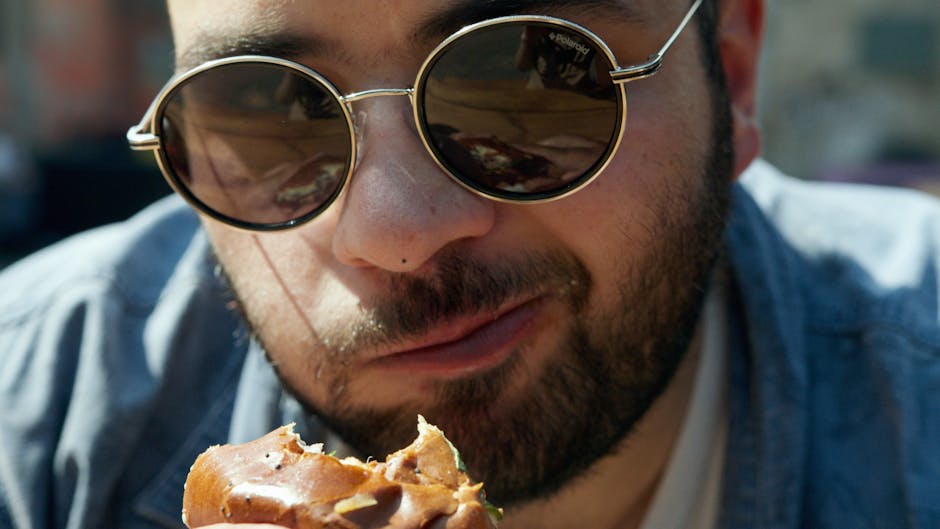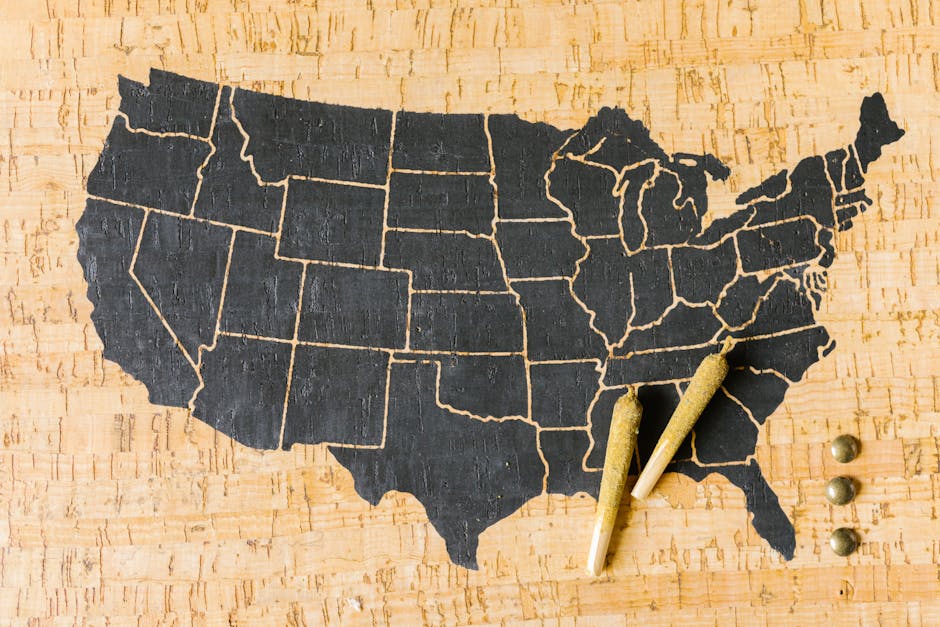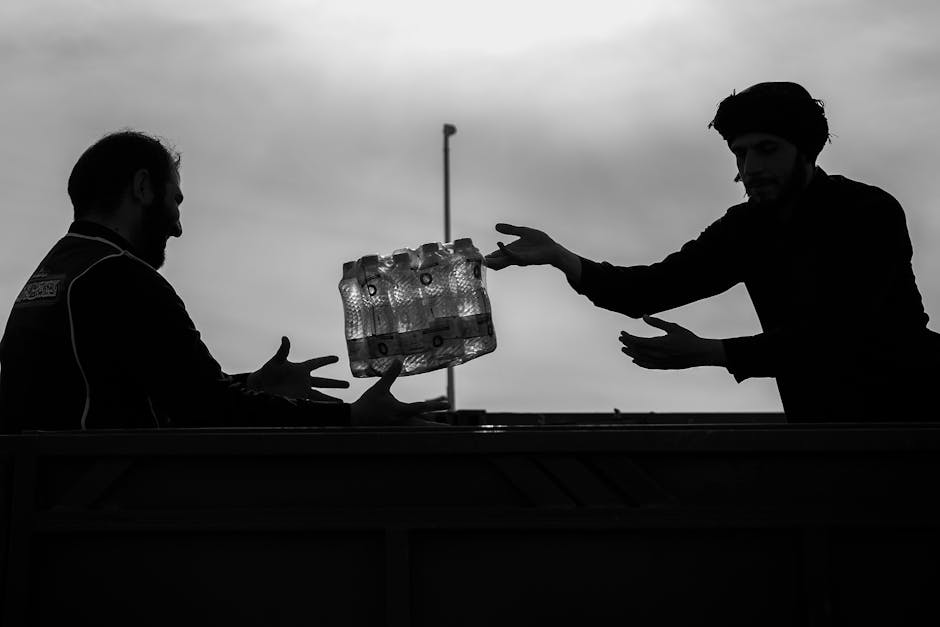A Progressive Dream with a Potential Downside
Vermont, the idyllic Green Mountain State, has long been a standard-bearer for progressive ideals in America. It’s a place synonymous with organic farms, farmer’s markets, and a fierce commitment to local, sustainable living. It is from this very ethos that a new, ambitious piece of legislation has emerged—a bill so grand in its vision that its proponents have affectionately nicknamed it the “Big Beautiful Bill.”
Officially titled the “Vermont Pure Food and Farm Act,” it aims to create a food utopia. But as critics are now desperately warning, this road to utopia may be paved with the gravest of unintended consequences, potentially triggering what one analyst called ‘an unprecedented hunger and health crisis’.
What is the ‘Big Beautiful Bill’?
At its core, the bill is deceptively simple and appealing. It mandates that all state-funded institutions—from public schools and universities to hospitals and prisons—must source 100% of their food from certified organic farms located within Vermont‘s borders.
To further enforce this locavore dream, it proposes a hefty “Food Miles” tax on all groceries and produce transported into the state from more than 200 miles away. The goal is noble: slash carbon emissions, bolster the local economy, and provide the state’s most vulnerable with the freshest, healthiest food imaginable.
The problem, however, is not with the intention, but with the cold, hard logistics of reality.
From Noble Intentions to a Supply Shock
“You cannot simply legislate a new food system into existence overnight,” warns Dr. Anjali Sharma, an agricultural economist at the University of Vermont. “Vermont’s agricultural infrastructure, while wonderful, is simply not equipped to handle this sudden, massive demand. We have a short growing season. We rely on the national food chain for staples, for variety, and for affordability, especially during our long winters.”
This is the first domino to fall: a catastrophic supply shock. Local organic farms, many of which are small-scale operations, would be instantly overwhelmed. The local food mandate would create a frantic bidding war among state institutions for a limited supply of local produce, meat, and dairy. Prices would skyrocket. Schools, operating on tight budgets, would face an impossible choice: pay exorbitant prices for local kale and risk deficits, or serve drastically smaller portions.
How the Food Bill Could Devastate Vermont Families
For the average Vermonter, the impact would be even more immediate and devastating. The “Food Miles” tax would turn the simple act of grocery shopping into a painful financial exercise. A bunch of bananas from Central America, oranges from Florida, or even a bag of rice from Arkansas would suddenly become luxury items. For low-income families, the working poor, and senior citizens on fixed incomes, this isn’t an inconvenience; it’s a disaster.
This is where the ‘hunger crisis‘ moves from prediction to probability. Food banks and pantries, the last line of defense for thousands, would be crippled. They rely heavily on donations and bulk purchases from national suppliers—the very sources the bill would tax into oblivion.
“We’re looking at empty shelves,” said David Chen, director of a Burlington-based food charity. “The bill is designed to help people, but it will cut off the food supply for the ones who need it most. It’s a beautiful idea that will leave people hungry.”
The Secondary Disaster: A Public Health Catastrophe
The crisis doesn’t stop at hunger. It spirals into a public health catastrophe. When fresh, diverse produce becomes unaffordable, people will turn to what’s left: cheaper, processed, and less nutritious foods. The potential rise in diet-related illnesses like obesity, diabetes, and heart disease could strain the very hospitals that are simultaneously struggling to procure food under the new mandate.
The “Big Beautiful Bill,” in its pursuit of a perfect, self-contained food system, ignores the complex, interconnected web that feeds a modern society. It is a cautionary tale of how utopian ideals, when untethered from pragmatic reality, can become dystopian nightmares. In its noble quest to ensure no Vermonter goes without healthy, local food, the state may be about to ensure that thousands go without food at all.




